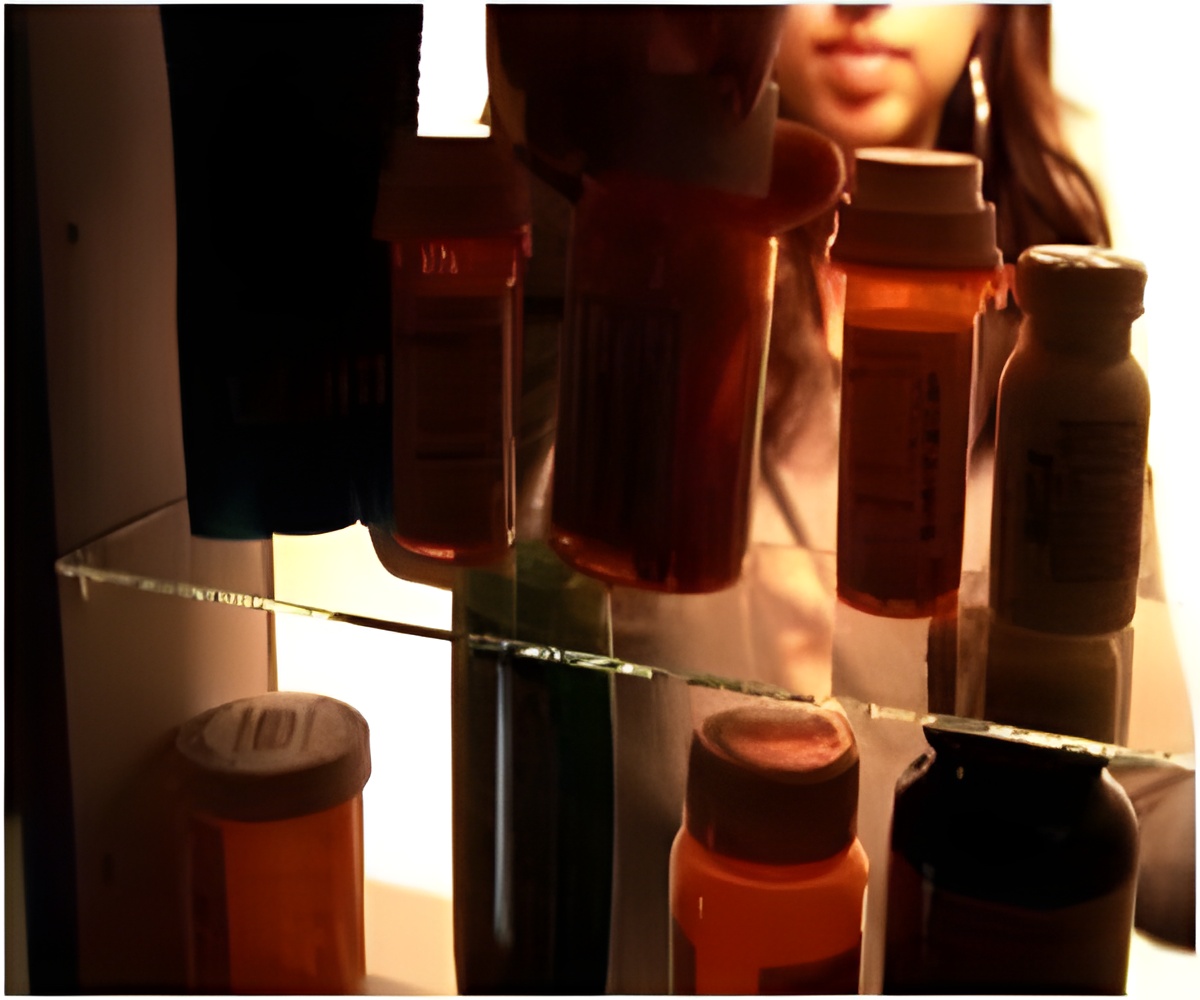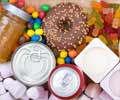Lara McKenzie said, Inquisitive children mistakenly identify hydrocarbons as a food or beverage and attempt to ingest the poison, which is the most common way children are exposed to the chemical.
Study co-author Lara McKenzie, PhD, MA, principal investigator in the Center for Injury Research and Policy at Nationwide Children's said, "Inquisitive children mistakenly identify hydrocarbons as a food or beverage and attempt to ingest the poison, which is the most common way children are exposed to the chemical." "The changing seasons should remind parents to ensure proper storage of hydrocarbons in their original containers."
When parents made phone calls to their regional poison centers, their cases were mostly managed at home without the need to be treated in the emergency department. This trend has been reported in other studies and further demonstrated the potential cost savings of regional poison centers.
Both Jolliff and McKenzie are also faculty members at The Ohio State University College of Medicine. Their safety tips for parents include:
- Store products properly and high up where children can't see or reach them.
- Keep products in their original, child-resistant package containers.
- Supervise children when these products are being used in and around the home.
- Keep cabinets with products containing hydrocarbons locked.
- Keep children safely in the vehicle during fuel fill ups at gas stations.
Source-Eurekalert













